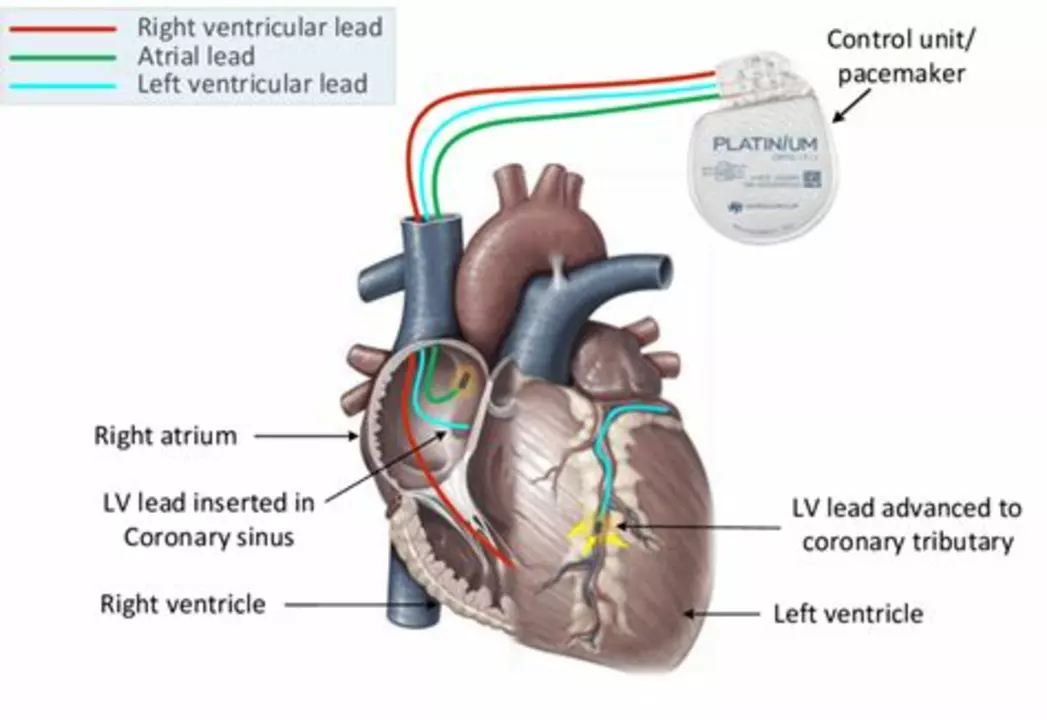Patient Education: Clear, Practical Medicine Advice You Can Use
Most medicine mistakes come from unclear info, not from bad drugs. On this page you'll find practical guides about common medicines, side effects, dosing, and safe online buying tips. We pull together clear, short explanations so you can make better choices at the pharmacy or in the clinic.
Start by checking what a drug treats and how it works
Read the 'uses' and 'how it works' sections, then look at typical doses for your situation. Our articles on antibiotics like cephalexin and azithromycin explain dosing windows and why finishing a course matters. For chronic drugs such as statins or tamsulosin, focus on long term benefits and common daily side effects.
Pay attention to interactions. A few examples: grapefruit can change how some statins work, certain antibiotics affect birth control, and herbal supplements may alter antidepressant effects. If you take more than one prescription, keep an updated medication list and share it at every appointment.
Buying medicine online? Verify the seller. Look for a physical address, pharmacy license, secure checkout, and readable contact info. Avoid sites that sell prescription-only drugs without asking for a prescription or that offer unrealistic prices. Our reviews of online pharmacies point out red flags and safer choices.
Dealing with side effects needs a plan
Track when symptoms start, how long they last, and any other meds or foods you took. Mild nausea or sleep changes can sometimes be managed at home; sudden breathing problems, swelling, or fainting need immediate care. Use plain notes to report issues to your doctor or pharmacist.
Stick to dosing rules to get the effect you need. Set phone alarms, use a weekly pillbox, and refill a few days early. Missing one dose of most medicines is not a catastrophe, but skipping regularly lowers benefit. For antibiotics and short courses, a missed dose can matter more - check the specific guidance in each article.
Special groups need extra care. Pregnant or breastfeeding people, kids, older adults, and people with kidney or liver problems often need dose changes. Our patient guides flag which drugs need extra monitoring and when to ask for lab tests.
Store drugs safely: keep them dry, cool, and away from children. Check expiry dates. Do not share prescriptions; what works for one person may harm another.
If something feels off, report it. Tell your prescriber, contact the pharmacy, and use official adverse event reporting systems in your country. Good reporting helps others and can catch safety problems early.
Use the tag list to jump to detailed posts - antibiotics, sleep aids, alternatives to common drugs, and buying tips. If you still have questions, reach out through our contact page. We aim to make medication information usable, not confusing.
Quick checklist before you take a new drug: confirm the name and dose, ask why it's needed, list possible side effects, check interactions with your current meds, and set a follow-up plan. Keep emergency numbers handy and store instructions with the medicine. Small steps reduce risk and make treatment work better. Start with one step.

The Importance of Patient Education in Managing Left Ventricular Dysfunction
As a blogger, I cannot emphasize enough the importance of patient education in managing left ventricular dysfunction. Educating patients helps them understand their condition better and empowers them to take an active role in managing their health. It's crucial for patients to know how to recognize symptoms and when to seek medical help. Furthermore, understanding the benefits of prescribed medications and lifestyle changes can significantly improve adherence to treatment plans. Ultimately, informed patients are more likely to achieve better health outcomes, reducing the burden on healthcare systems.
